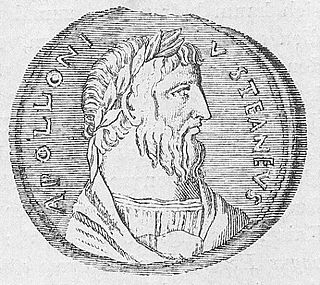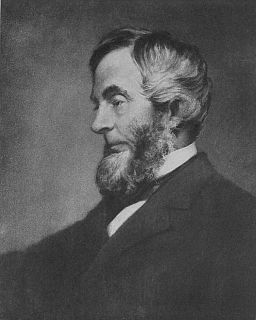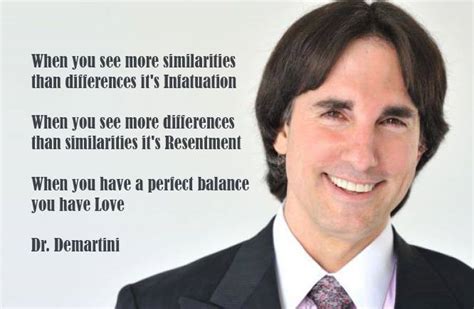A Quote by Christian Scriver
O, my God! withhold from me the wealth to which tears and sighs and curses cleave. Better none at all than wealth like that.
Related Quotes
It is true that so far as wealth gives time for ideal ends and exercise to ideal energies, wealth is better than poverty and ought to be chosen. But wealth does this in only a portion of the actual cases. Elsewhere the desire to gain wealth and the fear to lose it are our chief breeders of cowardice and propagators of corruption. There must be thousands of conjunctures in which a wealth-bound man must be a slave, whilst a man for whom poverty has no terrors becomes a freeman.
Wealth brings noble opportunities, and competence is a proper object of pursuit; but wealth, and even competence, may be bought at too high a price. Wealth itself has no moral attribute. It is not money, but the love of money, which is the root of all evil. It is the relation between wealth and the mind and the character of its possessor which is the essential thing.
I wasted time, and now doth time waste me; For now hath time made me his numbering clock: My thoughts are minutes; and with sighs they jar Their watches on unto mine eyes, the outward watch, Whereto my finger, like a dial's point, Is pointing still, in cleansing them from tears. Now sir, the sound that tells what hour it is Are clamorous goans, which strike upon my heart, Which is the bell: so sighs and tears and groans Show minutes, times, and hours.
It is commonly observed that a sudden wealth, like a prize drawn in a lottery or a large bequest to a poor family, does not permanently enrich. They have served no apprenticeship to wealth, and with the rapid wealth come rapid claims which they do not know how to deny, and the treasure is quickly dissipated.
For it is good to cleave to God, and to put our hopes in the Lord, so that, when we have exchanged this poor life for the kingdom of heaven, we may cry aloud: 'Whom have I in heaven but thee? There is none upon earth that I desire beside thee.' Assuredly, when we have found such wealth in heaven, we may well grieve to have sought after poor passing pleasures here on earth.
The man of wealth [should] consider all surplus revenues which come to him simply as trust funds, which he is called upon to administer to produce the most beneficial results for the community - the man of wealth thus becoming the mere trustee and agent for his poorer brethren, bringing to their service his superior wisdom, experience and ability to administer, doing for them better than that they would or could do for themselves.






































